Gabon and Ivory Coast (Cote d'Ivoire) were BCCI's first homes in French-speaking West Africa. Operations in both countries were started in 1978 and reflected BCCI's commitment to developing countries in the Third World where the colonial banks still dominated the financial system.
Country information
Gabon sits on the Equator in West Africa, bounded west by the Atlantic Ocean, north by Guinea and Cameroon, and east and south by DR Congo.

History
Very little is known about Gabon’s original inhabitants.
Between the 16th and 18th centuries, the Fang and other peoples in the region of present-day Gabon were part of a federation of chiefdoms.
The arrival of the Europeans (Portuguese, Dutch, French, and the English) settlers at the end of the 15th century brought about widespread slavery, which continued for almost 350 years.
French occupation of the Gabon interior from 1839 brought interference with trade and such exactions as head taxes, labour taxes for public projects, as did the French policy from 1898 to 1914 of developing the economy through monopolistic concessionary companies, that faced considerable opposition from the local population.
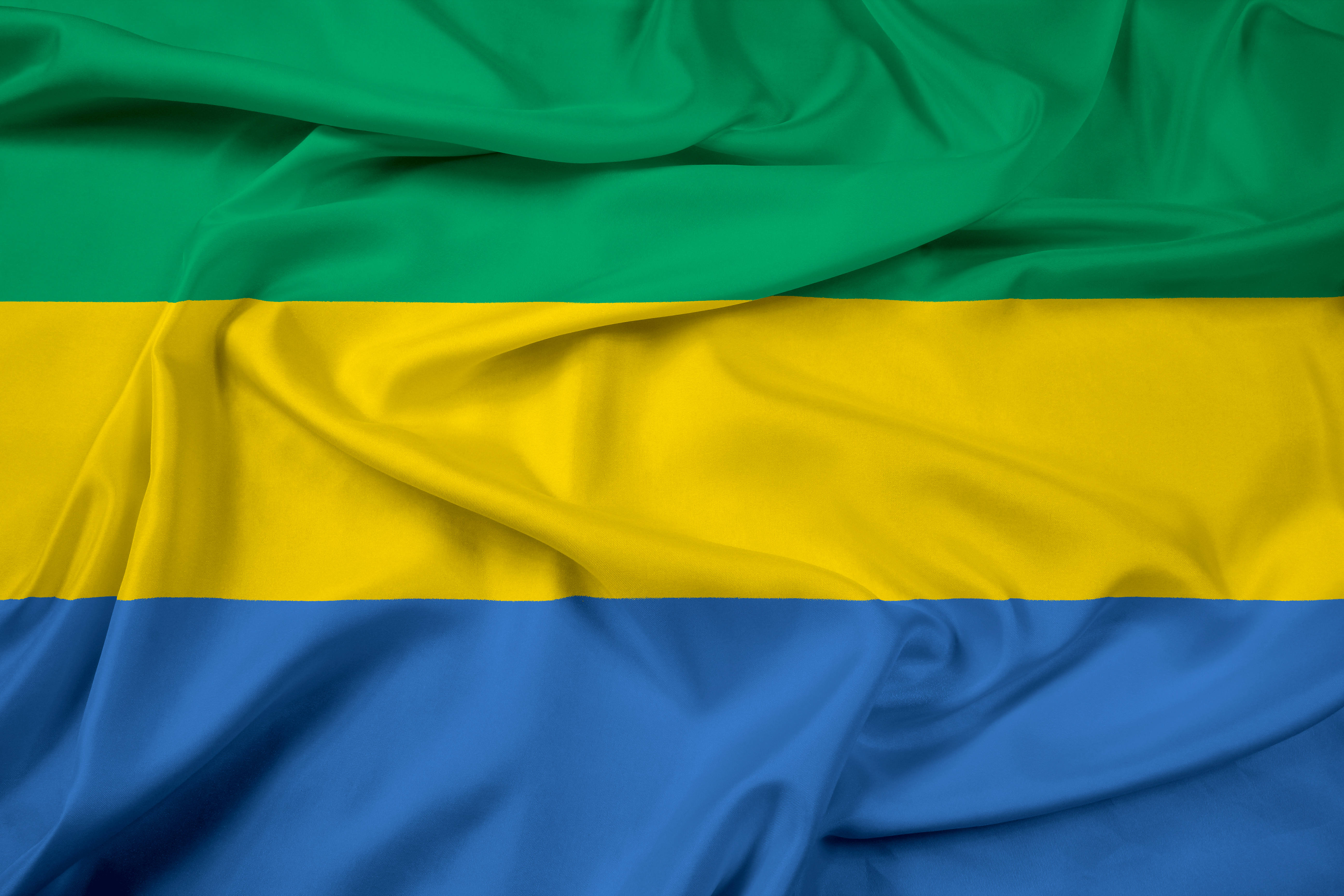
In August 1910, Gabon became one of the four territories of French Equatorial Africa and later became an overseas territory with its own assembly and representation in the French Parliament. Gabon became an independent country on 17 August 1960.
Gabon’s largest cities were Libreville, the capital and biggest city by area that grew out of a settlement of slaves, Port Gentil, the second largest also known as mandji and the major seaport in the country, and Franceville which grew from a village named Masuku, the third biggest urban centre.
Population and language
With a small population of 1.2 million in the 1980s, there were some 40 ethnic groups, the largest of which was the Fangs, who represented 40% of the population. In addition, a large expatriate population, mainly French, contributed to the economy.
Economy
Gabon, a central African country, was rich in natural resources.
Oil accounted for 80% of the Gabon's export earnings. Timber exports were the second main export. The country had rich uranium deposits, and very large deposits of manganese.
BCCI in Gabon
Bank of Credit and Commerce International (BCCI) had three branches in Gabon and many officers who served in other BCCI branches in French-speaking countries had their first on-the-job training in Gabon.
Libreville - the capital
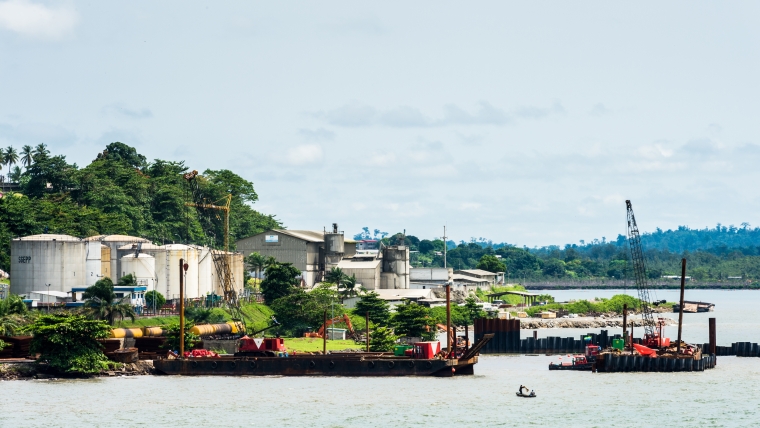
BCC's first branch in Gabon was opened in 1978 in Libreville, the capital and then a town on the coast with a population of about 250,000 people.
The branch had a total staff of 30, including eight officers.
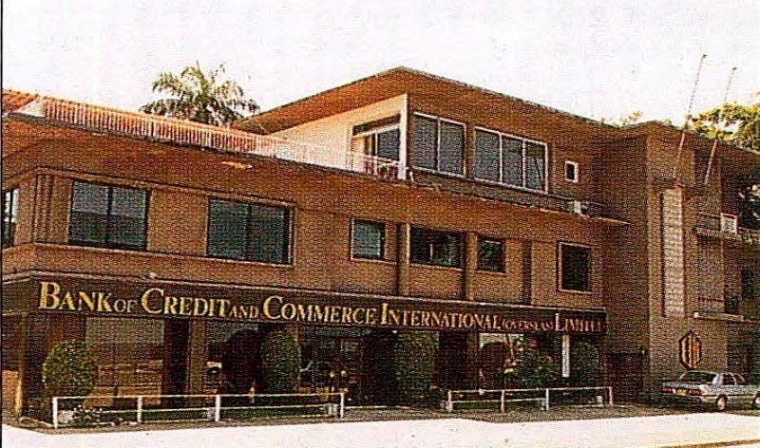
Libreville branch was located at:
Boulevard de I'independence
BP 335, Libreville
Tel: (241) 740 435/6/9
Fax: (241) 773 299
Teletext: 5584 GO
Port Gentil - the economic hub and major seaport
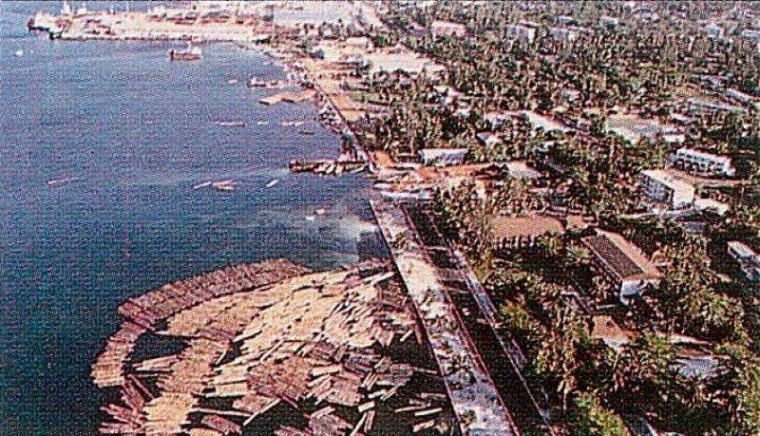
The second BCCI branch was opened in 1981 in Port Gentil, the industrial town of Gabon, where most of the offshore oil drilling contractors were based, along with the large oil companies such as ELF and Aquitaine of France, Amoco and Texaco of USA and Shell of the United Kingdom (formed in 1907 through the merger of Royal Dutch Petroleum Company of the Netherlands and "Shell" Transport and Trading Company of U.K.).
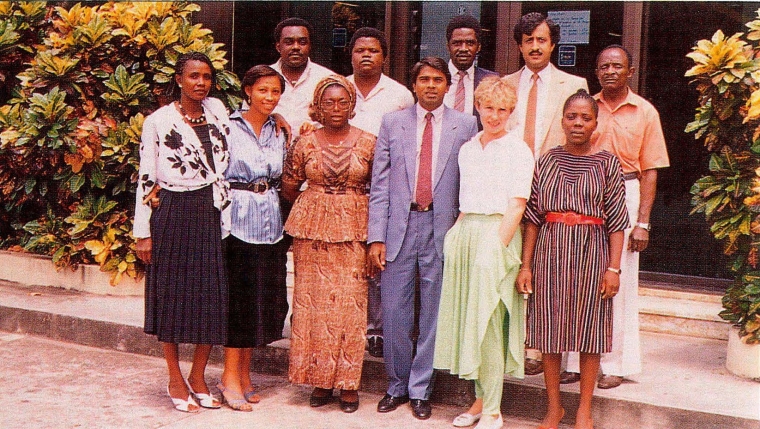
Eleven staff worked at Port-Gentil branch.
Port-Gentil branch was located at:
Avenue Savergnan de Brazza
BP 918, Port Gentil
Tel: (241) 752781/3
Fax: (241) 773 299
Teletext: 8203 GO
Franceville - large mining town
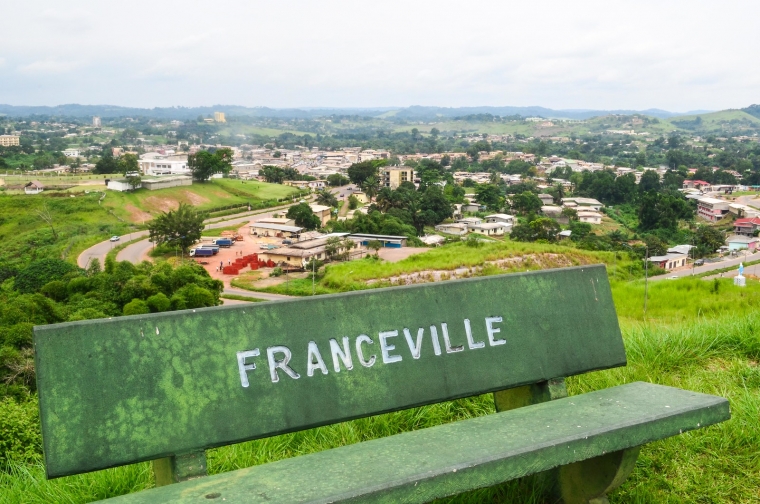
BCCI's third branch was in Franceville, the capital of Provence Haut Oguoue in a mining region. It grew from a village named Masuku when Pierre Savorgnan de Brazza, an Italian-born, naturalized French explorer, chose it to resettle former slaves and renamed it "Francheville" (meaning "city of the freed" in French) in 1880. The city later came to be called Franceville.
Franceville was also the home of the country's President, His Excellence Alm Hadj Omar Bongo.
BCC Franceville branch was a small operation, but it was expected to show real growth when the Libreville-Franceville rail link was completed stimulating population growth and commerce in the area, and the exploitation of manganese and uranium.
The branch was closed during 1990 under a proposal for the overall restructuring of BCCI banking group that was being discussed at the time.
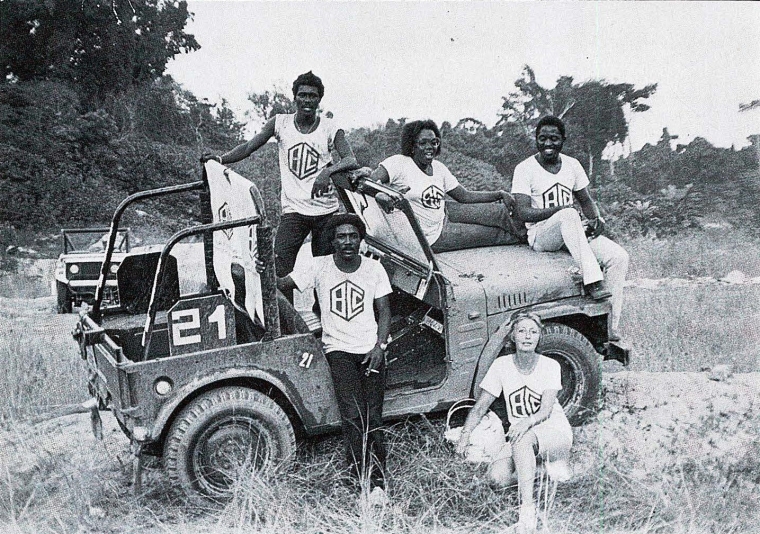
BCC became more marketing oriented from1984. The focus was on strengthening client relationships and working more closely with Gabon's state and parastatal bodies engaged in export of timber, the hotel industry and railways. Although most oil business was not routed through the banks, BCC secured some oil-related business. BCC also became active in the construction business.
BCCI closure
On 5 July 1991 the Bank of England and other regulators in the west decided to freeze BCCI Group's assets and abruptly shut down BCCI's operations worldwide.
The priority of the governments and central banks in some countries was to protect their people and the local operations of BCCI continued in a different name after the assets and liabilities were acquired by private investors or another bank.
BCCI branches in Gabon were closed since 8 July 1991 and placed in judicial administration in August 1991 by the Ministry of France for eventual liquidation. A scheme for repayments of small depositors was proposed by the provisional liquidator for end October 1991. No further information is available on the status of BCCI operations in Gabon.
The BCCI Group majority shareholders considered the abrupt action by western central banks to shut down BCCI in 1991 was unjustified when they already had detailed discussions with the Bank of England and other regulators on a restructuring plan and would have injected further capital, if required.
In a 24-page report not made public but sent to some 60 central bankers worldwide, the United Nations Center on Transnational Corporations said that by simply shutting down the 70-nation banking network that financed international trade of $18 billion a year, the economic damage fell hardest on countries like Nigeria, Bangladesh and Zambia, where B.C.C.I. was an important institution. (New York Times, Feb 5, 1992)
Also read:
Acknowledgment:
- In-house magazine
